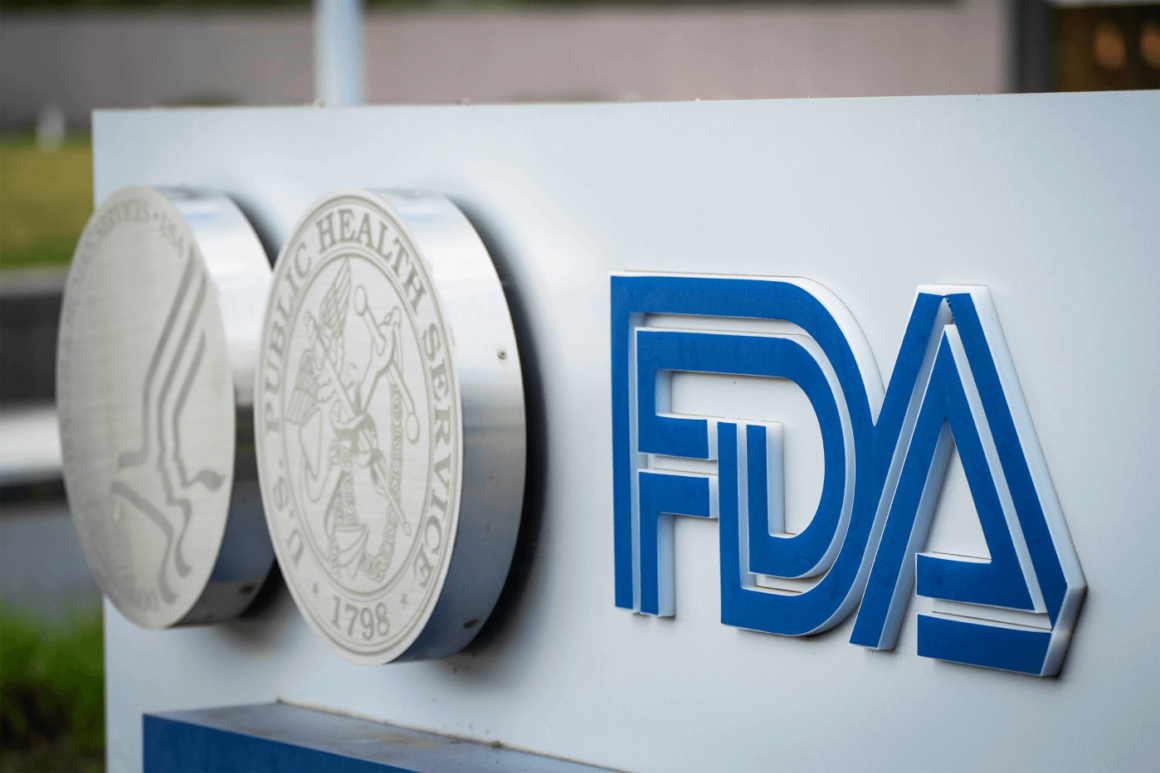New Delhi, 21 December 2024: In a decisive move to address rising public health and safety concerns, the U.S. Food and Drug Administration (FDA) has implemented restrictions on a specific psychoactive mushroom increasingly found in edible products. The decision reflects growing apprehensions over the mushroom’s widespread use, potential for abuse, and health risks, particularly as its incorporation into consumer goods gains traction in some markets.
The mushroom in question, Psilocybe cubensis, contains psilocybin, a naturally occurring psychoactive compound known for its hallucinogenic properties. While psilocybin has been the subject of extensive research for its potential therapeutic benefits in treating mental health conditions such as depression, anxiety, and PTSD, its recreational use remains controversial. The proliferation of psilocybin-infused edibles, including chocolates, gummies, and baked goods, has raised alarm bells among regulators, who cite risks of accidental ingestion, misuse, and exposure to vulnerable populations such as children and adolescents.
FDA officials stated that the restrictions aim to curb the unregulated market and ensure public safety. “While psilocybin shows promise in clinical settings under controlled conditions, its unregulated presence in consumer products poses significant risks,” said an FDA spokesperson. “Our focus is to mitigate these risks and prevent potential harm, especially to populations who may inadvertently consume these products.”
Under the new regulations, products containing psilocybin derived from mushrooms will be subject to stringent controls. Manufacturers and distributors are required to obtain special licensing, adhere to strict labeling requirements, and implement robust child-proof packaging measures. The FDA also emphasized the need for clear dosage guidelines and warnings about the psychoactive effects of psilocybin. Non-compliant products will be subject to recall, and violators could face severe penalties, including fines and potential criminal charges.
The FDA’s action comes amid a surge in the popularity of psychedelic substances, driven in part by a broader cultural shift toward alternative therapies and natural remedies. However, this growing interest has also fueled a parallel rise in unregulated and illegal markets. Reports of individuals experiencing adverse effects, such as severe anxiety, hallucinations, and disorientation after consuming psilocybin-infused edibles, have further highlighted the urgent need for regulatory intervention.
Advocates of psilocybin therapy have expressed mixed reactions to the FDA’s decision. While some view the restrictions as a necessary step to ensure consumer safety and pave the way for responsible use, others fear that overly strict regulations could stifle innovation and hinder access to potentially life-changing treatments. “We need a balanced approach that protects the public while fostering research and therapeutic applications,” said Dr. Jane Collins, a leading advocate for psychedelic-assisted therapy. “Overregulation risks driving the market underground, which could exacerbate the very issues the FDA seeks to address.”
Public health experts have echoed these sentiments, urging the FDA to complement its enforcement efforts with public education campaigns. They argue that raising awareness about the risks and responsible use of psychoactive substances is critical to achieving long-term success. “Education is as important as regulation,” noted Dr. Marcus Hall, a pharmacologist specializing in psychedelics. “People need to understand both the potential benefits and the risks associated with these substances.”
The FDA’s move also raises questions about the future of psilocybin research and its path toward potential legalization. In recent years, several states and cities across the United States have decriminalized or legalized psilocybin for medical and therapeutic use, creating a patchwork of regulations that complicates federal oversight. The agency’s actions may serve as a blueprint for harmonizing state and federal policies, ensuring that psilocybin’s therapeutic potential can be explored responsibly.
For now, the FDA’s restrictions signal a clear intent to prioritize public safety amid the growing popularity of psychedelic substances. As the regulatory framework evolves, stakeholders from all sectors—including researchers, healthcare providers, and consumer advocates—will play a crucial role in shaping a balanced approach to the use of psilocybin and other psychoactive compounds. The hope is to strike a delicate balance between fostering innovation in mental health treatments and safeguarding the public from unintended harm.
This latest development underscores the complex challenges associated with regulating psychoactive substances in a rapidly changing cultural and scientific landscape. With continued dialogue and collaboration, the FDA’s actions could set the stage for a more comprehensive and nuanced approach to the use of psychedelics in the United States.

